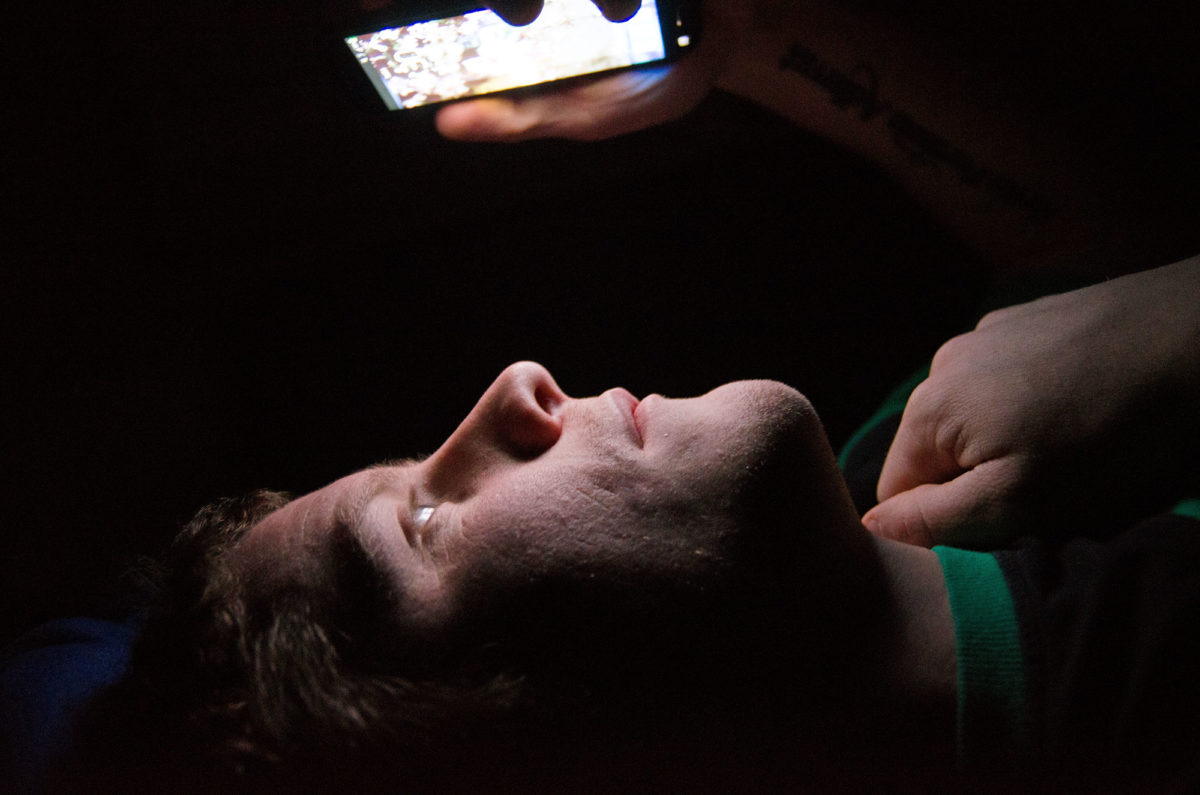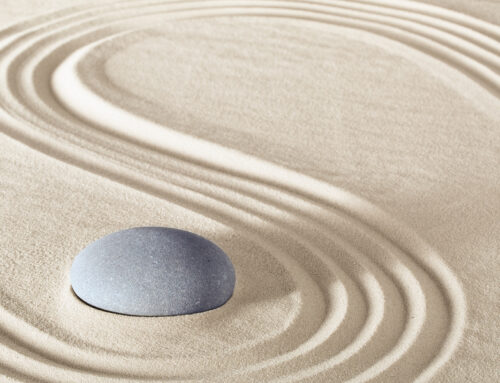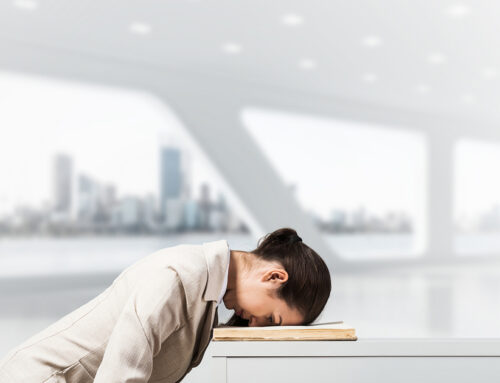If there is one thing that busy people have in common, it is that they are far too willing to sacrifice sleep.
The problem is that too little sleep leads to reduced productivity. When we show up for work exhausted, we demonstrate a form of presenteeism (versus absenteeism) that is estimated to cost us 11.3 days of lost work performance. That is equivalent to more than 2 weeks of vacation. Exhaustion leads to burn-out, increased cardiac events and accidents. In a study of nearly 400 employees, less than six hours of sleep per night was found to be one of the best predictors of on-the-job burn-out.
Too little sleep also leads to poorer decisions that reinforce a negative cycle. When we are exhausted we crave recovery time and often squander our time. We spend time on low-value tasks; we eat things that we know we shouldn’t eat; and we say things that we know we shouldn’t say.
Sleep is Not a Luxury
Our performance improves when we get more sleep. We make better decisions and our memory improves making it easier to manage our heavy workloads. Research by NASA shows that a brief afternoon nap (between 1pm and 3pm) improves alertness by 54% and performance by 34%.
However, professionals often scoff at those who claim to get a full night’s sleep, believing it is an unattainable (and even unnecessary) goal. On the contrary, tired people often receive positive reinforcement after burning the midnight oil. They are viewed as highly committed team players.
Note that even a moderate level of fatigue has similar effects on our performance as alcohol intoxication. Surely these exhausted individuals wouldn’t garner the same level of respect if they showed up drunk.
Slowly, some companies are starting to recognize the importance of sleep. For example, The Huffington Post has installed two high-tech nap rooms which are apparently always booked. But unfortunately, too many corporate cultures still expect around-the-clock availability.
How Much Sleep Do We Need?
The magic number of sleep needed varies across individuals. Generally, we need between 7-8 hours, and possibly more if we have accumulated a large sleep debt.
The truth is that we CAN get our sleep, if we prioritize it. We also need to carefully manage the things that get in the way, like over scheduling, too much caffeine, chronic stress and anxiety. A healthy sleep routine and a reasonable pace are necessary. When we burden ourselves with too much work, we end up further behind.
Sleep can and must be a priority if we want to perform at our best. And summer may be the best time to adopt a better sleep routine. What can you do to protect more time for your zzzzz’s?








Leave A Comment